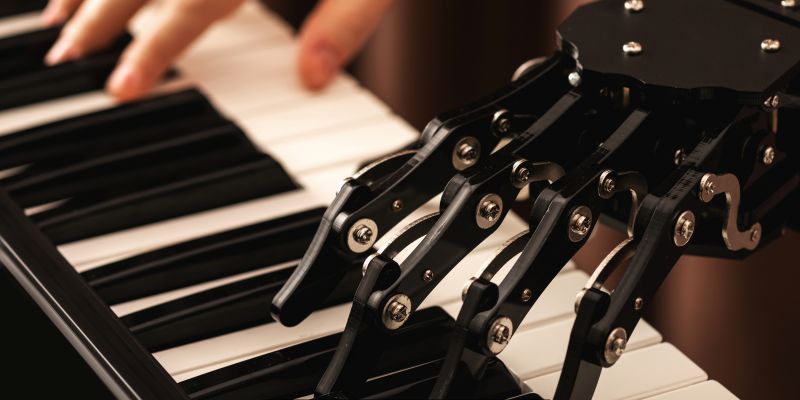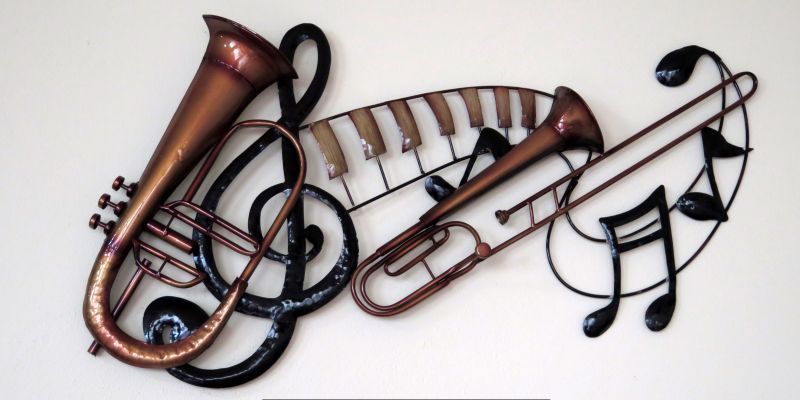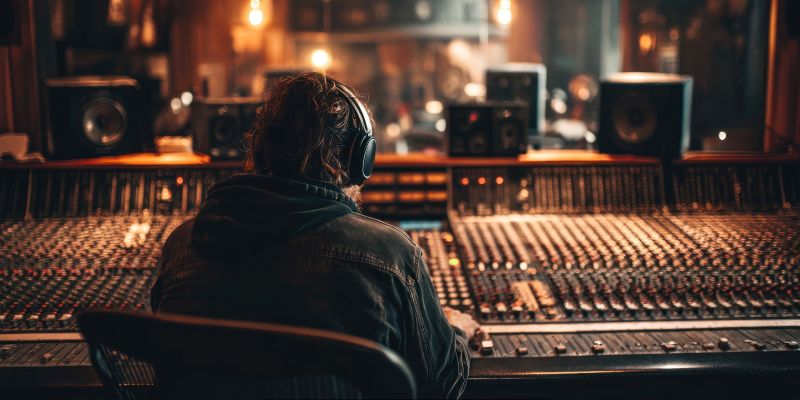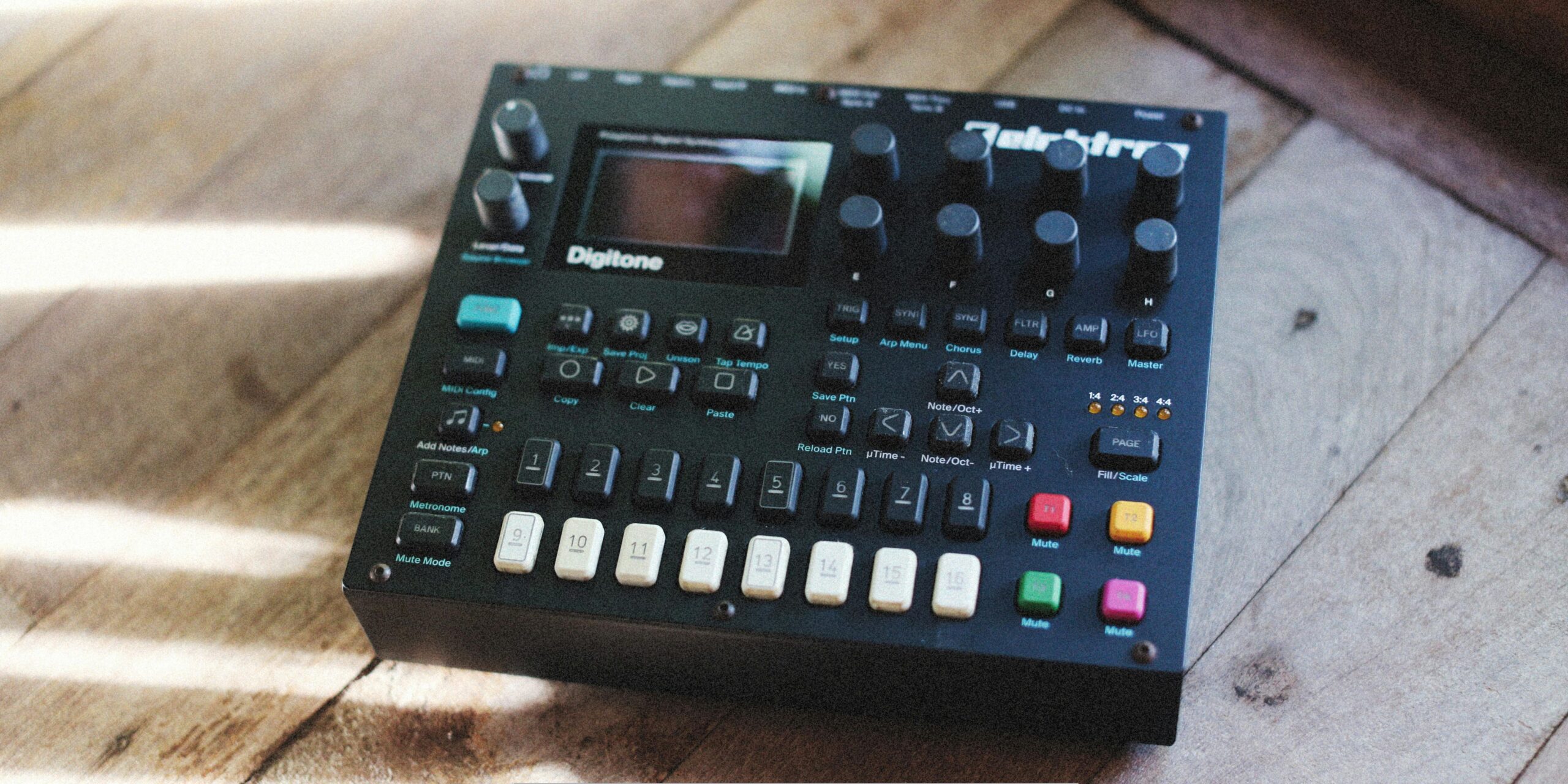In recent years, the emergence of artificial intelligence (AI) has revolutionized various sectors, and the music industry is no exception. AI-generated music refers to compositions created with the assistance of algorithms and machine learning techniques, which can analyze vast amounts of data to produce original pieces. This innovative approach has sparked interest among musicians, producers, and listeners alike, as it challenges traditional notions of creativity and artistry.
The allure of AI in music lies not only in its ability to generate new sounds but also in its potential to enhance the creative process for human artists. As technology continues to evolve, the integration of AI into music production raises important questions about the nature of creativity and the role of human musicians. While some view AI as a tool that can augment human creativity, others express concerns about its implications for the future of music.
The dialogue surrounding AI-generated music is multifaceted, encompassing both excitement for its possibilities and apprehension about its consequences. This article will explore the rise of AI in the music industry, the controversies it has sparked, and the implications for musicians and listeners alike.
Key Takeaways
- AI-generated music is becoming increasingly prevalent in the music industry, revolutionizing the way music is composed and produced.
- The rise of AI in music has sparked controversy surrounding the authenticity and creativity of AI-generated music, leading to debates among musicians and industry professionals.
- Concerns about job displacement for musicians have emerged as AI technology continues to advance, raising ethical and legal issues in the music industry.
- Despite the controversy, AI has the potential to enhance the music listening experience and play a significant role in music composition and production.
- The future of AI-generated music remains uncertain, but it is essential for musicians and industry professionals to navigate the controversy and embrace innovation in the evolving landscape of the music industry.
The Rise of AI in the Music Industry
AI-Assisted Music Creation
This capability has led to the development of various AI tools designed to assist musicians in creating new compositions, generating melodies, and even producing entire tracks. These tools have the potential to revolutionize the music creation process, making it more efficient and cost-effective.
These projects demonstrate how algorithms can create pieces that mimic different genres and styles. Moreover, AI-generated music has found its way into various applications, from film scores to video game soundtracks.
Embracing AI as a Collaborative Partner
As a result, many artists are beginning to embrace AI as a collaborative partner rather than a replacement. This shift signifies a growing acceptance of technology in creative fields, where artists can leverage AI’s capabilities to enhance their work while maintaining their unique artistic vision.
The Controversy Surrounding AI-Generated Music
Despite its potential benefits, the rise of AI-generated music has not been without controversy. Critics argue that relying on algorithms to create music undermines the essence of artistry and human expression. They contend that music is inherently a reflection of human experience, emotion, and culture—elements that an algorithm cannot fully replicate.
This perspective raises fundamental questions about what constitutes “real” music and whether AI-generated compositions can evoke the same emotional responses as those created by human musicians. Additionally, there are concerns about the quality and originality of AI-generated music. While algorithms can produce technically proficient compositions, critics argue that they often lack the depth and nuance that come from human creativity. The debate intensifies when considering the potential for AI to replicate existing works, leading to accusations of plagiarism or derivative creation. As the lines between original and generated music blur, the industry must grapple with how to define and value artistic contributions in an age where machines can produce soundscapes at unprecedented speeds.
The Debate on Authenticity and Creativity
| Metrics | Data |
|---|---|
| Number of participants | 50 |
| Duration of debate | 2 hours |
| Number of arguments presented | 10 |
| Level of audience engagement | High |
The debate surrounding authenticity in music has taken on new dimensions with the advent of AI-generated compositions. For many listeners, authenticity is tied to the personal experiences and emotions conveyed through a piece of music. When a song is created by an algorithm, questions arise about whether it can truly resonate with audiences on a personal level.
Some argue that music created by machines lacks the soul and intention that characterize human-made art, leading to a perception that AI-generated music is somehow less valid. On the other hand, proponents of AI-generated music argue that creativity is not solely defined by the creator’s identity but rather by the impact it has on listeners. They contend that if an AI-generated piece evokes emotion or inspires thought, it should be considered a legitimate form of artistic expression.
This perspective challenges traditional notions of creativity and invites a broader understanding of what it means to create music in an increasingly digital world. As technology continues to evolve, so too will the definitions of authenticity and creativity within the realm of music.
Concerns about Job Displacement for Musicians
One of the most pressing concerns regarding AI in the music industry is the potential for job displacement among musicians and composers. As AI tools become more sophisticated and capable of producing high-quality music with minimal human intervention, many fear that traditional roles within the industry may become obsolete. This anxiety is particularly pronounced among emerging artists who rely on live performances and composition for their livelihoods.
However, it is essential to recognize that while AI may change certain aspects of how music is created and produced, it does not necessarily eliminate the need for human musicians. Instead, it may lead to a transformation in roles within the industry.
Musicians may find themselves collaborating with AI systems to enhance their creative processes rather than competing against them. This shift could result in new opportunities for artists who are willing to adapt and embrace technology as part of their creative toolkit.
Legal and Ethical Issues with AI-Generated Music
The rise of AI-generated music also brings forth a host of legal and ethical issues that must be addressed as the industry evolves. One significant concern revolves around copyright ownership—specifically, who owns a piece of music created by an algorithm? Traditional copyright laws were designed with human creators in mind, leaving a legal gray area when it comes to works produced by machines.
As more artists experiment with AI-generated compositions, there is an urgent need for legal frameworks that can adequately address these complexities. Furthermore, ethical considerations arise regarding the use of existing works as training data for AI systems. Many algorithms learn from vast libraries of pre-existing music, raising questions about whether this constitutes fair use or infringes on copyright protections.
As artists grapple with these issues, there is a growing call for transparency in how AI systems are trained and how they generate new compositions. Establishing clear guidelines will be crucial in ensuring that both human creators and AI systems can coexist harmoniously within the evolving landscape of the music industry.
The Impact on the Music Listening Experience
The introduction of AI-generated music has also transformed the way audiences engage with sound. With algorithms capable of producing personalized playlists and tailored listening experiences, listeners now have access to an unprecedented variety of music that caters to their individual tastes. Streaming platforms are increasingly utilizing AI to analyze user preferences and recommend songs based on listening habits, creating a more immersive experience for consumers.
However, this shift raises questions about how technology influences musical discovery and appreciation. While personalized recommendations can enhance enjoyment, they may also limit exposure to diverse genres or emerging artists outside one’s established preferences. As listeners become accustomed to curated experiences driven by algorithms, there is a risk that they may miss out on discovering new sounds or perspectives that challenge their musical boundaries.
Balancing personalization with exploration will be essential in ensuring that audiences continue to engage with a wide array of musical expressions.
The Role of AI in Music Composition and Production
AI’s role in music composition and production extends beyond mere generation; it also serves as a valuable tool for enhancing creativity during the songwriting process. Many artists are now incorporating AI-driven software into their workflows to brainstorm ideas, generate melodies, or even assist with arrangement decisions. This collaborative approach allows musicians to leverage technology while maintaining their artistic vision.
Moreover, AI can streamline production processes by automating tasks such as mixing and mastering tracks. By reducing time spent on technical aspects, musicians can focus more on their creative endeavors. This synergy between human creativity and machine efficiency has the potential to redefine how music is made, allowing artists to experiment with new sounds and styles without being bogged down by logistical challenges.
The Future of AI-Generated Music
As technology continues to advance at a rapid pace, the future of AI-generated music holds both promise and uncertainty. Innovations in machine learning are likely to lead to even more sophisticated algorithms capable of producing complex compositions that rival those created by human musicians. This evolution could open up new avenues for collaboration between artists and machines, fostering an environment where creativity knows no bounds.
However, navigating this future will require careful consideration of ethical implications and industry standards. As AI becomes more integrated into music creation, stakeholders must work together to establish guidelines that protect both human creators and technological advancements. The future landscape will likely be characterized by a blend of human artistry and machine intelligence—a dynamic interplay that could redefine what it means to create and experience music.
Perspectives from Musicians and Industry Professionals
Musicians and industry professionals have varied perspectives on the rise of AI-generated music, reflecting a spectrum of opinions on its implications for creativity and artistry. Some artists embrace AI as a valuable collaborator that enhances their creative process, allowing them to explore new sonic territories they may not have considered otherwise. These musicians view technology as an extension of their artistic toolkit rather than a threat to their craft.
Conversely, others express skepticism about relying too heavily on machines for creative output. They worry that an overreliance on algorithms could dilute the authenticity of musical expression and lead to homogenized soundscapes devoid of individuality. Industry professionals also grapple with these concerns as they navigate an evolving landscape where traditional roles are being redefined by technological advancements.
Navigating the Controversy and Embracing Innovation
The emergence of AI-generated music presents both exciting opportunities and significant challenges for the music industry. As artists grapple with questions of authenticity, creativity, and job displacement, it becomes clear that navigating this controversy requires open dialogue among stakeholders. Embracing innovation while honoring traditional artistic values will be crucial in shaping a future where both human musicians and AI systems can coexist harmoniously.
Ultimately, the journey toward integrating AI into music creation is not merely about replacing human effort but rather enhancing it through collaboration. By recognizing the potential benefits while addressing ethical concerns, musicians can harness technology as a powerful ally in their creative endeavors. As society continues to explore this uncharted territory, one thing remains certain: the future of music will be shaped by both human ingenuity and technological advancement—a harmonious blend that promises to redefine how we create and experience sound.
FAQs
What is AI-generated music?
AI-generated music refers to music that is composed, produced, or generated with the assistance of artificial intelligence (AI) technology. This can involve using algorithms to create melodies, harmonies, and rhythms, or even to generate entire compositions.
What is the controversy surrounding AI-generated music?
The controversy surrounding AI-generated music revolves around questions of originality, creativity, and the role of human musicians and composers. Some argue that AI-generated music lacks the emotional depth and artistic intuition of human-created music, while others see it as a tool for innovation and creativity.
How is AI-generated music created?
AI-generated music is created using machine learning algorithms that analyze vast amounts of musical data to identify patterns, structures, and styles. These algorithms can then generate new musical compositions based on the learned patterns and styles.
What are the potential benefits of AI-generated music?
Some potential benefits of AI-generated music include the ability to quickly generate a wide variety of musical styles, the potential for collaboration between AI and human musicians, and the opportunity to explore new and innovative musical ideas.
What are the potential drawbacks of AI-generated music?
Potential drawbacks of AI-generated music include concerns about the originality and authenticity of the music, the potential for job displacement in the music industry, and the ethical implications of using AI to create art.
How are musicians and composers responding to AI-generated music?
Musicians and composers have varied responses to AI-generated music. Some see it as a valuable tool for inspiration and collaboration, while others are concerned about the impact of AI on the creative process and the future of music as a human art form.





